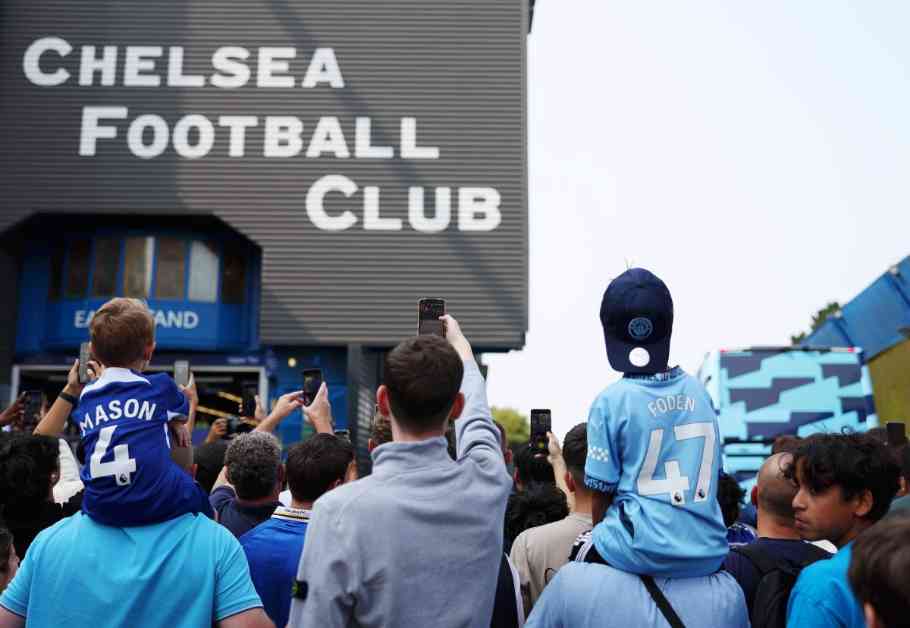Chelsea Football Club Contemplates Raising Ticket Prices by 40%
Chelsea Football Club is considering a significant increase in ticket prices that could see fans paying up to 40% more for match tickets. The potential price hike has sparked debate among supporters and industry experts alike, with many questioning the impact such a move could have on the club’s fanbase and overall matchday experience.
Reasons Behind the Potential Increase
The decision to raise ticket prices comes as Chelsea looks to boost revenue streams and remain competitive in an increasingly expensive football market. With rising player wages, transfer fees, and operational costs, clubs are under pressure to find new sources of income to sustain their financial stability.
Additionally, Chelsea’s recent success on the pitch, including winning the UEFA Champions League in 2021, has raised the club’s profile and increased demand for tickets. This heightened interest in Chelsea matches has led the club to explore ways to capitalize on its success and maximize revenue potential.
Impact on Fans and Supporters
For many loyal Chelsea supporters, the prospect of a 40% increase in ticket prices is concerning. The potential rise could make attending matches financially unfeasible for some fans, particularly those on lower incomes or with families to support. This could risk alienating long-standing supporters and eroding the club’s community spirit.
Furthermore, the increase in ticket prices could lead to a shift in the demographic of fans attending matches, with a potential decrease in working-class supporters who have historically been the lifeblood of football clubs. This could result in a less diverse and inclusive atmosphere at Stamford Bridge, impacting the overall matchday experience for all attendees.
Alternative Solutions and Considerations
While raising ticket prices may seem like a quick fix for Chelsea’s financial challenges, there are alternative solutions that the club could explore. One option is to focus on increasing revenue through commercial partnerships, merchandise sales, and hospitality packages, rather than placing the burden solely on match-going fans.
Additionally, Chelsea could consider implementing a tiered pricing structure that takes into account fans’ incomes and financial circumstances. This would ensure that ticket prices remain accessible to all supporters, regardless of their financial situation, while still generating revenue for the club.
Ultimately, the decision to raise ticket prices by 40% is a complex one that requires careful consideration of the impact on fans, the club’s financial sustainability, and the overall matchday experience. While increasing revenue is important for Chelsea’s long-term success, it is crucial that the club balances financial objectives with the needs and interests of its loyal supporters.












